

Mobile phones can not do everything. Ocean is small enough to fit in your pocket, powerful enough to run a Node.js web server, and cheap enough to deploy at scale. All Oceans come pre-installed with Linux, and includes a 4200 mAh battery, a wireless charger, built-in support for Bluetooth (4.0 and Low Energy), and WiFi.
Ocean is designed for portability. The integrated battery enables you to run web and Bluetooth applications in locations where direct power is limited. The device is approximately the size of an iPhone 6, and can easily fit in your pocket.
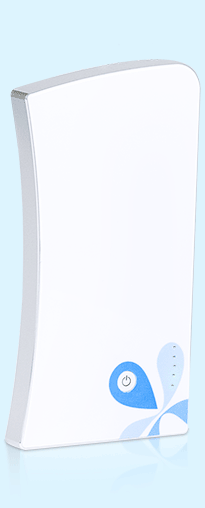
Who needs wires? The Ocean has built-in WiFi and Bluetooth, and a wireless charging module. An Ocean unit can function as a customised router, or even a hub for your home IoT projects.
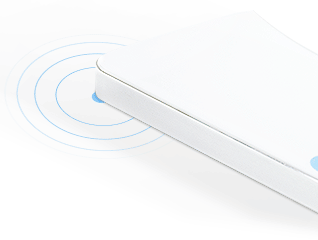
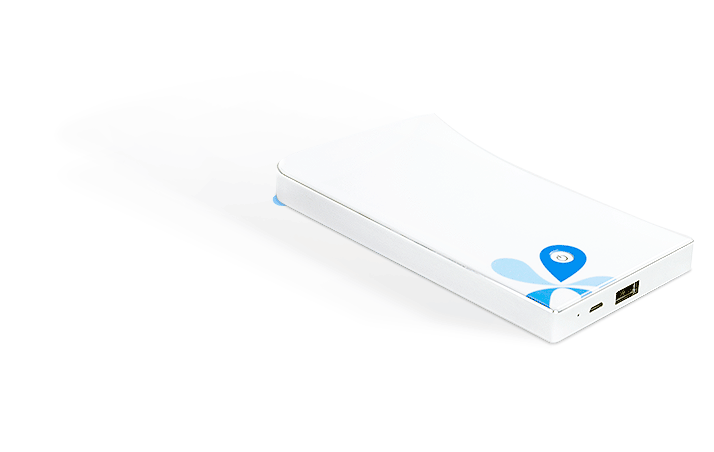
Devices are everywhere! In conjunction with several open source libraries for Bluetooth, Ocean can detect Bluetooth Low Energy sensors and devices around your home or office.
With a USB port that provides enough power to charge any iOS and Android devices, Ocean can be used to read information about devices that are attached to it.
Ocean can behave as an iBeacon, Eddystone, or more complicated Bluetooth Low Energy device.
Use an Ocean as a headless mobile web server. Build and deploy your own web applications on the go using popular frameworks like Node.js or Ruby-on-Rails.
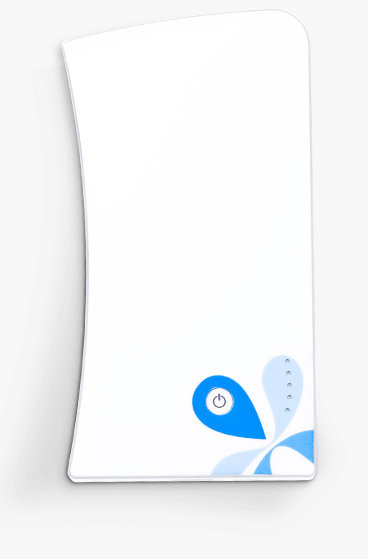
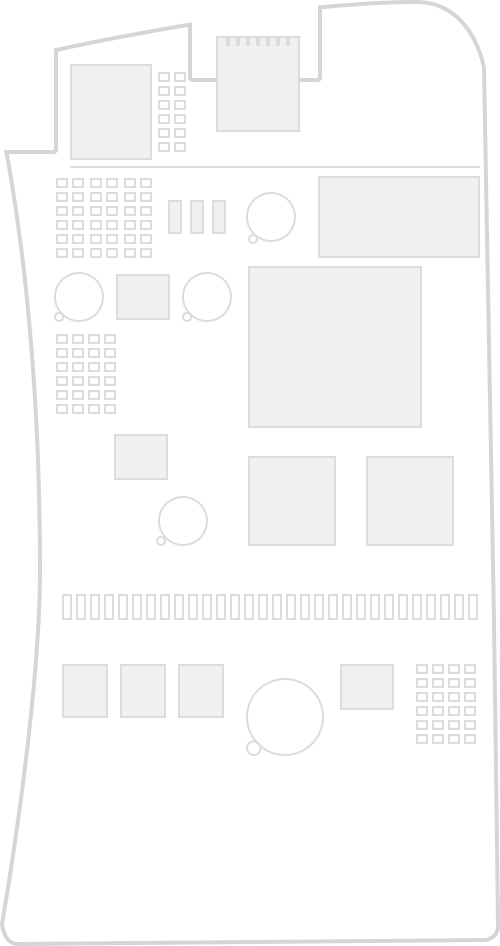
The brushed aluminium frame gives the Ocean a distinctive look and feel. The curved design carefully follows the contour of the hand.
Plastic panels have been designed to allow a degree of security from tampering. Having said that, with the right tools, the panels can be removed, allowing you to insert a different operating system, make repairs, or perform upgrades.
The aluminium frame provides strength and durability. Multiple drop tests have been performed to ensure the Ocean can survive in rugged conditions.
The Raspberry Pi is a fantastic product, but it is built with an emphasis on education and 'home hacking'. It lacks certain features found in the Ocean. Raspberry Pis do not have built-in Bluetooth or Wifi, and do not come with an on-board power source. While you can purchase cases for them, these cases are rarely designed with portability in mind. Exposed GPIO pins tend to bend in your pocket. A Raspi can be augmented with additional hardware to equal the feature set of the Ocean, but this hardware will compromise the portability of the Pi.
The Ocean is designed specifically to function as a mobile server and thus HDMI has been removed completely. The primary motivation was to save power, but also to provide an additional level of security.
The battery can also provide up-to 2 days of continuous CPU usage. If used as a power bank mode, it can fully charge an iPhone 6 1.33 times.
The range of the antenna is about 10m. However, range of a RF signal is dependent on a wide range of factors such as orientation, direction, and interferences caused by objects placed between the transmitter and receiver.
With the 2.1A micro USB cable, it takes 4-5 hours to completely charge the battery. With a Qi Wireless charging module, capable of providing 1000mA, it will take at least 10 hours.
We ship Ocean with Linux Debian 8.1 (Jessie). That doesn’t mean you cannot run any other Linux flavours on the Ocean. Just as a few examples, you can run Ubuntu, Raspbian, or even Android on Ocean.
Yes. While the Ocean case is designed to prevent easy tampering, it can still be taken apart with a Torx screwdriver. You can then remove the main PCB with a Philips screwdriver. This will provide enough space for you to replace the Micro SD card.
You can use our web dashboard to fully control your Ocean. Alternatively you can access all your data using REST API. You can even use SSH to directly access Ocean.